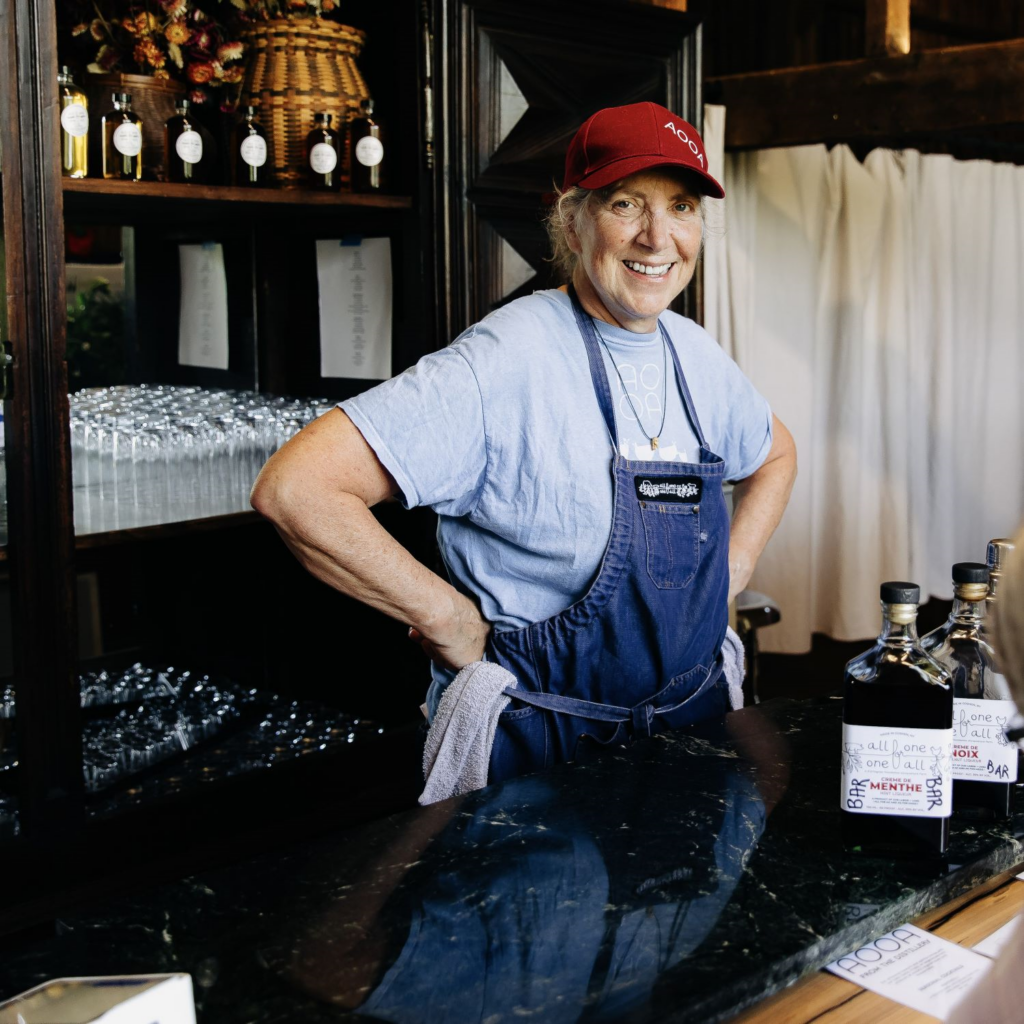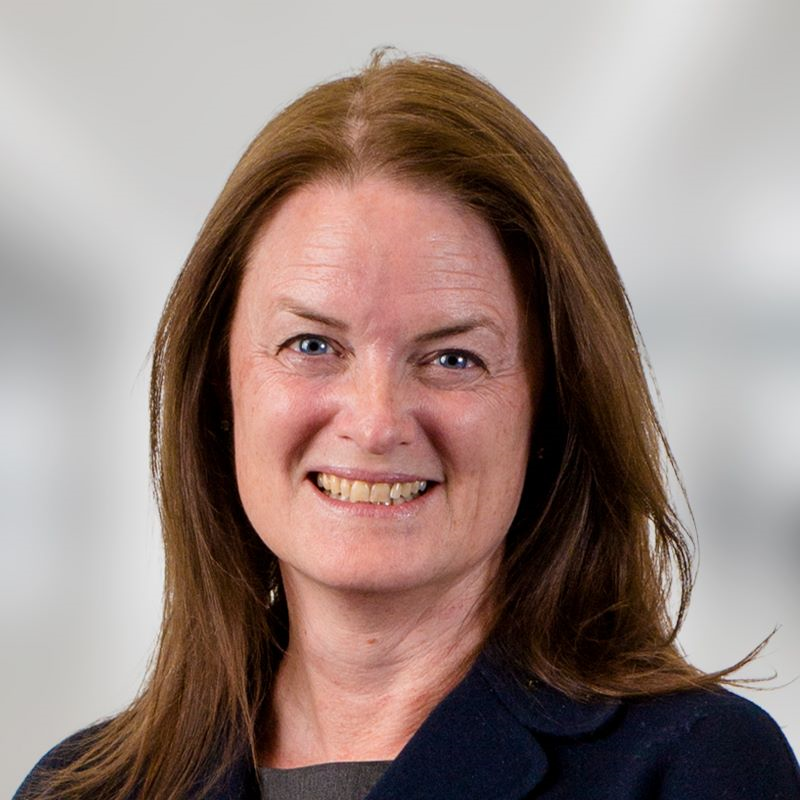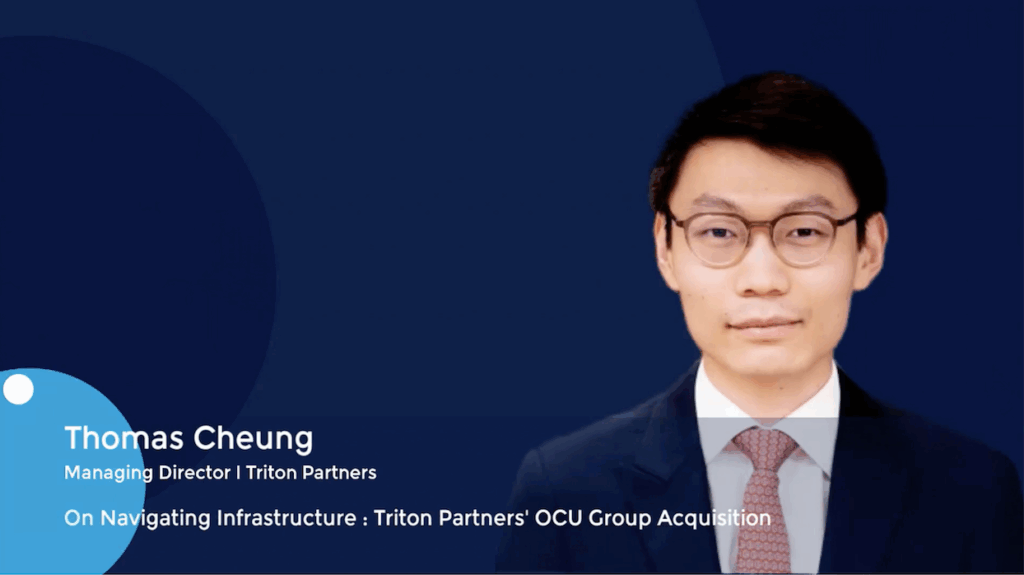Contributions, achievements, and observations of outstanding female professionals – Women to watch Part V
To mark International Women’s Day, the women of ION Analytics, including reporters and analysts at Debtwire, Mergermarket, Dealreporter, Cybersecurity Law Report, Hedge Fund Law Report, and Anti-Corruption Report have interviewed outstanding women in their respective jurisdictions and fields.
It is our honor to highlight these women and their accomplishments and contributions to their industries, and share some of their insights and perspectives. These lawyers, advisors, and consultants from around the world specialize in private equity, restructuring, mergers and acquisitions, hedge funds, anti-corruption, data privacy, and more. We hope these remarkable women inspire you as much as they do us.
In Part V of this eight-part series, Laura Larghi, Caroline Crosdale and Avery Koop profile notable women in the North American mergers and acquisitions field with editing by Marlene Givant Star. They include Emily Oldshue, M&A partner at Ropes & Gray; Ariane Daguin, Founder and former CEO of D’Artagnan and Sarah Jones, Global Head of Corporate at Clifford Chance.
Part I of the ION Analytics’ Women to Watch series
Part II of the ION Analytics’ Women to Watch series
Part III of the ION Analytics’ Women to Watch series
Part IV of the ION Analytics’ Women to Watch series
Emily Oldshue, M&A partner at law firm Ropes & Gray

Emily is experienced in a variety of complex strategic transactions, including cross-border work, carveouts and spin-offs. In addition to her transactional work, she counsels clients on ongoing corporate governance matters, including ESG. She is based in Ropes & Gray’s Boston office.
What will be the most important factor driving M&A in 2025?
Who knows?! What a time to be alive! The categorical answer is stability and predictability against a backdrop of moderating or declining interest rates and a more constructive regulatory environment will drive a more robust M&A market in 2025. Recent weeks suggest that won’t be the playing field in the near-term. So it would seem being nimble and willing to take some risk to acquire good assets will be prerequisites for those who wish to make moves. There is a ton of opportunity and capital, so finding ways to matchmake, build creative deal structures and navigate an as-yet uncertain regulatory and political backdrop will distinguish the players from the observers. How the capital markets fare and the fate of pending and near-term M&A deals will also inform how people think about dealmaking, so we will see.
According to a 2024 article “Women in the Legal Profession” published by the American Bar Association, women constitute roughly 50% of law students, federal government lawyers, and law firm associates, but men continue to dominate the upper levels of the legal profession. Similarly, in 2023, McKinsey & Co found that women comprise approximately 20% of managing director and partner roles in private equity. To what extent have you observed there to be a reduced number of women in senior positions and what advice would you give to women who aspire to these positions?
Any rewarding career is going to test your values and your limits. Advice is hard, because how one approaches one’s career is so personal, but what I’ve internalised from working and watching and talking with people I respect over the last 15 years is that you can flex your priorities and grow and adapt in ways that push out your limits. But you have to check in with your values. It’s unlikely you will feel fulfilled along the climb or leading at work if you don’t have a firm grasp on your core values along the way. I am lucky to work with colleagues and clients who generally have that same bottom line, and I find ways to check in and keep perspective. Given the compelling pipeline you note, I’m optimistic that talent and leadership will find its way to the top in organizations that prioritize competitiveness, self-reflection and adaptation. There are certainly plenty of corners of the law and in top-flight institutions across the board where women are underrepresented for reasons I suspect are not in service of the mission. While we work to find the best ways to retain and elevate top talent, some advice is unassailable: if you want to make a run for “the top,” the first step is to show up and work hard.
What is the first big project that you took the lead on, and what did you learn from it?
I have had people encouraging me to take ownership and take the lead in small and large ways since my earliest days at Ropes & Gray. So in that sense, I feel like it is just a part of how I was raised. But one deal stands out. I was two years in as a partner when Pfizer reached out to us with the Biohaven transaction—an USD 11.6bn acquisition—immediately following a public spin-off of non-core development-stage assets. I had worked with Pfizer on two deals in quick succession and gotten to know their team. I was well prepared to deliver on the substance and the deal was tailormade to showcase the best of our firm for an important client. I learned about migraines and why they are complicated to treat. I learned about supply chains, transferring employees in tens of countries, and integrating a global salesforce. But mostly I confirmed just about daily that nothing beats an effective, sophisticated team at tackling big and small issues. And I was out front on the corporate side of that transaction for Ropes & Gray because one of the country’s best life sciences M&A lawyers, a senior partner here at the firm and one of the best stewards of our culture of competitive excellence with grace, stood behind me. I aim to incorporate that example.
Ariane Daguin, Founder and former CEO of D’Artagnan

Ariane is founder and former CEO of D’Artagnan, a leading purveyor of foie gras, game meat, organic poultry and other delicacies in America, She sold her company to Fortune International in March 2022 for USD 100m. Ariane, 65, is now a consultant for Fortune Fish & Gourmet and manages All for One, One for All, a nonprofit regenerative silvopasture farm in Goshen, New York.
What are the most important factors driving M&A in 2025?
The true question for me is Donald Trump. The indicators are positive, people around me are confident that they can invest in the agri-food business. Deregulation is good for factory farming, not so good for the smaller players trying to get grants. Vaccination against the bird flu is now accepted, interest rates are declining, but there is still a big question mark. Trump’s tariffs are worrisome. Fortunately, we see that the president talks a lot, then he understands the negative impact of his policies and, hopefully, he backpedals.
According to a 2024 article “Women in the Legal Profession” published by the American Bar Association, women constitute roughly 50% of law students, federal government lawyers, and law firm associates, but men continue to dominate the upper levels of the legal profession. Similarly, in 2023, McKinsey & Co found that women comprise approximately 20% of managing director and partner roles in private equity. To what extent have you observed there to be a reduced number of women in senior positions and what advice would you give to women who aspire to these positions?
We are advancing in the right direction too slowly. When I was young, women were housewives or cashiers at the supermarket. Now my daughter and her friends are well educated, and they may become CEOs. To accomplish that, I tell them to stay independent, to refuse compromises, to trust themselves. They shouldn’t financially depend on a man; they should share household chores with their companion and get ready to build their career. Even if they stop working when they have a baby, they should project themselves a few years in advance to prepare how they will reenter the workforce.
What is the first big project that you took the lead on and what did you learn from it?
I am very proud to have initiated D’Artagnan Green Circle chicken, a program to better feed chicken. Factory farm chickens are genetically engineered to have big breasts, and to be processed when they are 30 days old. For the Green Circle program, we had to convince farmers to switch to another breed, feed them better with a variety of foods, and keep them alive much longer. We found these farmers among the Amish population in Pennsylvania. With the Amish you don’t have a written contract, you just shake hands. Then I had to convince the customers that paying a little more was a good idea. I learned that consumers will pay more only if they see and understand the added value. It is important to find that magical price to satisfy both the cost increase at the farmer level, and the resistance to higher price at the consumer level.
Sarah Jones, Global Head of Corporate at Clifford Chance

Sarah Jones is the Global Head of Corporate at Clifford Chance. She has been at the firm for over 30 years and has worked on a number public and cross border deals from Pfizer’s joint venture with GSK to Coca-Cola’s USD 575m acquisition of AdeS from Unilever.
What will be the most important factor driving M&A in 2025?
We were expecting and we are seeing the uplift in M&A at the end of ’24 continuing into this year. However, the trajectory this year is slower than we were anticipating. There was a sense that a Trump administration would be very business friendly and that, once he took office, the floodgates for M&A might be opened. That hasn’t happened and that’s because there remains significant uncertainty around tariffs and other macro issues. And uncertainty always hampers activity.
Notwithstanding this, we are seeing quite steady activities from strategics and remain confident that private equity will get busier during the year. Regionally, we’re incredibly busy in Europe, very busy in the States and the Middle East, and APAC is busier than it was last year. Generally, across the board, we are seeing activity rising, which is fantastic.
According to a 2024 article “Women in the Legal Profession” published by the American Bar Association, women constitute roughly 50% of law students, federal government lawyers, and law firm associates, but men continue to dominate the upper levels of the legal profession. Similarly, in 2023, McKinsey & Co found that women comprise approximately 20% of managing director and partner roles in private equity. To what extent have you observed there to be a reduced number of women in senior positions and what advice would you give to women who aspire to these positions?
I can only speak from my personal experience and my personal experience was that I didn’t face a bigger challenge than anyone else just because I was a woman. I’m not saying I wasn’t ever in a room where I was the only woman and someone asked me to make the tea, but that was over 30 years ago. I am proud to be able to say now that over 40% of our firm’s Executive Leadership Group are women. For sure that’s progress, but I also recognize this is not the profile of leadership across our profession.
I know this is a very big generalization, but with that caveat, I think, as women, we can get stuck in our own heads. Should I be here? Am I good enough? Am I doing the right job? Am I being too assertive? Am I not being assertive enough? With these thoughts, we can get in our own way.
My advice would be, don’t try to be someone else. Don’t think that you need to emulate a particular style or approach to be a leader. Be yourself. If you’re in a law firm and you’re working in this challenging profession, you’re already good enough. Focus on being the best you that you can be… and make your aspirations known. If you are interested and you get involved in the business, you will learn and you will gain confidence. And the opportunities will follow.
What is the first big project that you took the lead on, and what did you learn from it?
No M&A deal is ever the same, and that’s the best thing about working in this arena. After more than 30 years of practice, it’s challenging to single out one deal over another. You’re always learning on the job. It’s certainly not boring. It can also be pretty hard. The hours are long, clients can be demanding, the pressure to be brilliant and deliver an excellent result is always there — it’s only worth it if you love it.
I think the life cycle of the Mondelez coffee business divestiture, which played out over probably a decade, is a highlight for me. The wonderful thing about that project was building the sort of client relationship that allowed the team to see something from the very beginning to the very end through successive transactions. This is the ultimate reward. The most pleasure I get from this job is building the client relationships and doing repeat work for clients and client teams, where you really end up feeling like you’re part of one team with your client. That’s just so special.










